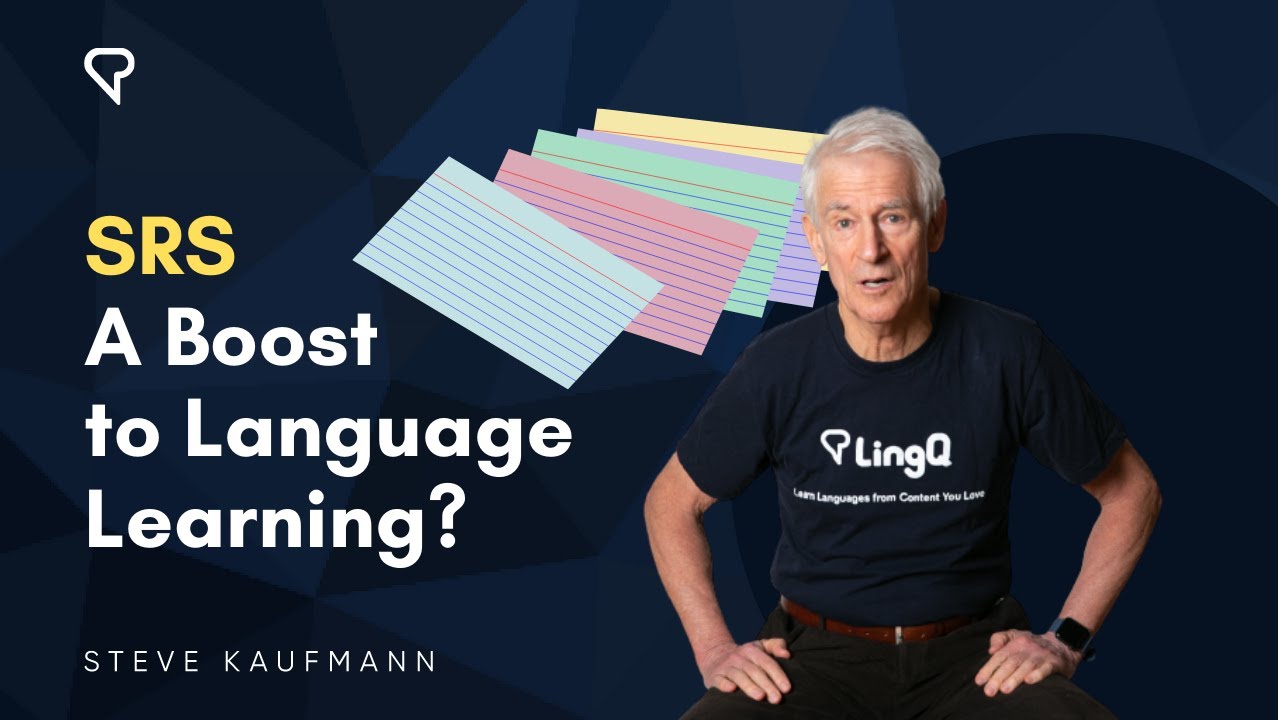Steve Kaufmann – lingosteve
The key to success in language learning is to engage with the language often and in ways that you find enjoyable. If you like doing flash cards, using spaced repetition systems, then it’s worth doing. If not, this kind of learning activity won’t help much.
0:00 – What are spaced repetition systems?
2:38 – Why SRS is not a method I use when learning languages.
4:55 – The spaced repetition system we have at LingQ.
9:06 – The brain recognizes patterns when learning a new language.
___
Study a language on LingQ: https://bit.ly/33fnKXO
Study this video as a lesson on LingQ: https://bit.ly/2RjDyWX
Get my 10 Secrets of Language Learning: https://www.thelinguist.com
FREE grammar guides: https://www.lingq.com/en/grammar-resource/
Join the LingQ Discord server: https://discord.gg/ShPTjyhwTN
My language learning blog on The Linguist: https://bit.ly/2MW83Ab
My Instagram page: https://www.instagram.com/lingosteve_/
My TikTok: https://www.tiktok.com/@lingosteve
The LingQ language learning blog: https://bit.ly/35yvaqK
#learnlanguages #languages #polyglot
